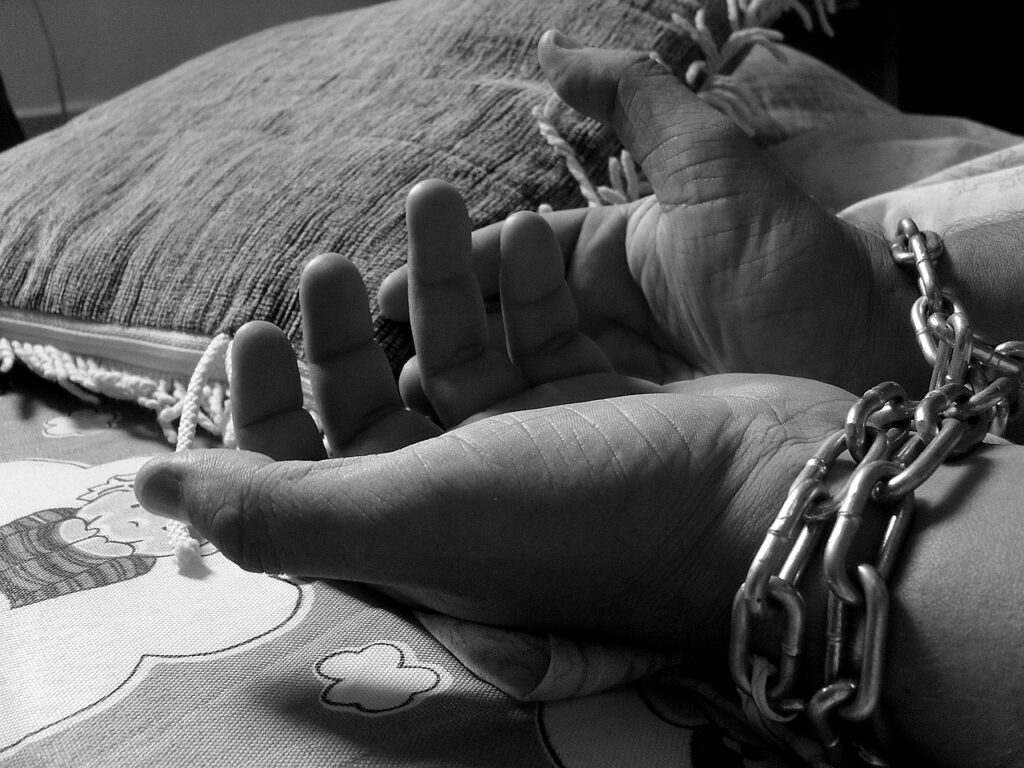Three years after NAB began upgrading its anti-money laundering and counterterrorism-financing program it was still unable to follow its own policies regarding the sex industry, closing accounts of sex workers it promised to support while opening new accounts for businesses it promised not to service.
.
NAB decided it would no longer bank legal brothels and escort agencies five years ago while making a corresponding commitment to providing services to individual sex workers. A NAB spokeswoman said the bank had planned to run down the exposure over time.
.
“In 2015 NAB determined that brothels and escort agencies were outside its risk appetite. Different laws and licensing requirements exist across states and territories and we have taken this position to ensure we meet legislative requirements under the anti-money laundering and modern slavery laws,” the spokeswoman said.
.
The Australian Financial Review, however, has learned the bank has continued to provide services to escort agencies since introducing the policy, including opening new accounts for one of Victoria’s largest escort agencies as recently as 2018.
.
The following year the bank went on an account-shutting spree, closing off the accounts of the very same sex workers it was committed to supporting. A spokesman for Sex Work Law Reform Victoria said it was unclear how many accounts had been closed describing the situation as “murky”, saying their policy of discriminating between businesses in the sex industry and sex workers wasn’t made public until September 2019.
.
“Banks should be able to manage their risk without discriminating by taking the trouble to assess each applicant on their individual merits and risk profile rather than just taking a broad brush to an entire industry,”the spokesman said.
.
The bank says the decisions to close some accounts while allowing others to continue were the result of miscatergorisation and had been rectified.
.
NAB’s inability to follow its own policies of not providing services to customers such as brothels and escort agencies which are at higher risk of being involved in crimes such as human trafficking raises questions about how closely the bank was monitoring customers in the sex industry.
.
Earlier this year NAB told a parliamentary committee it had flagged as many as 10 transactions a month as potentially related to human trafficking between July 2019 – January 2020.
.
The bank was, however, unable, or unwilling, to provide a breakdown of transactions of suspected paedophiles, terrorists or human traffickers prior to this date because the process was manual and cumbersome.
.
Australian banks have been aware of patterns that indicate human trafficking for a decade or more. Human trafficking is distinct from people smuggling in that victims have not consented to travel or have been coerced and are exploited long after they reach their destination.
.
A 2011 AUSTRAC case study highlighted some of the red flags that could be identified by banks such as regular international funds transfers, payments made just under mandatory reporting limits, payments inconsistent with a customer’s earnings capacity and the linking of multiple persons to the same address.
.
By James Frost, , October 15, 2020, The Australian Financial Review
Image by sammisreachers from Pixabay






